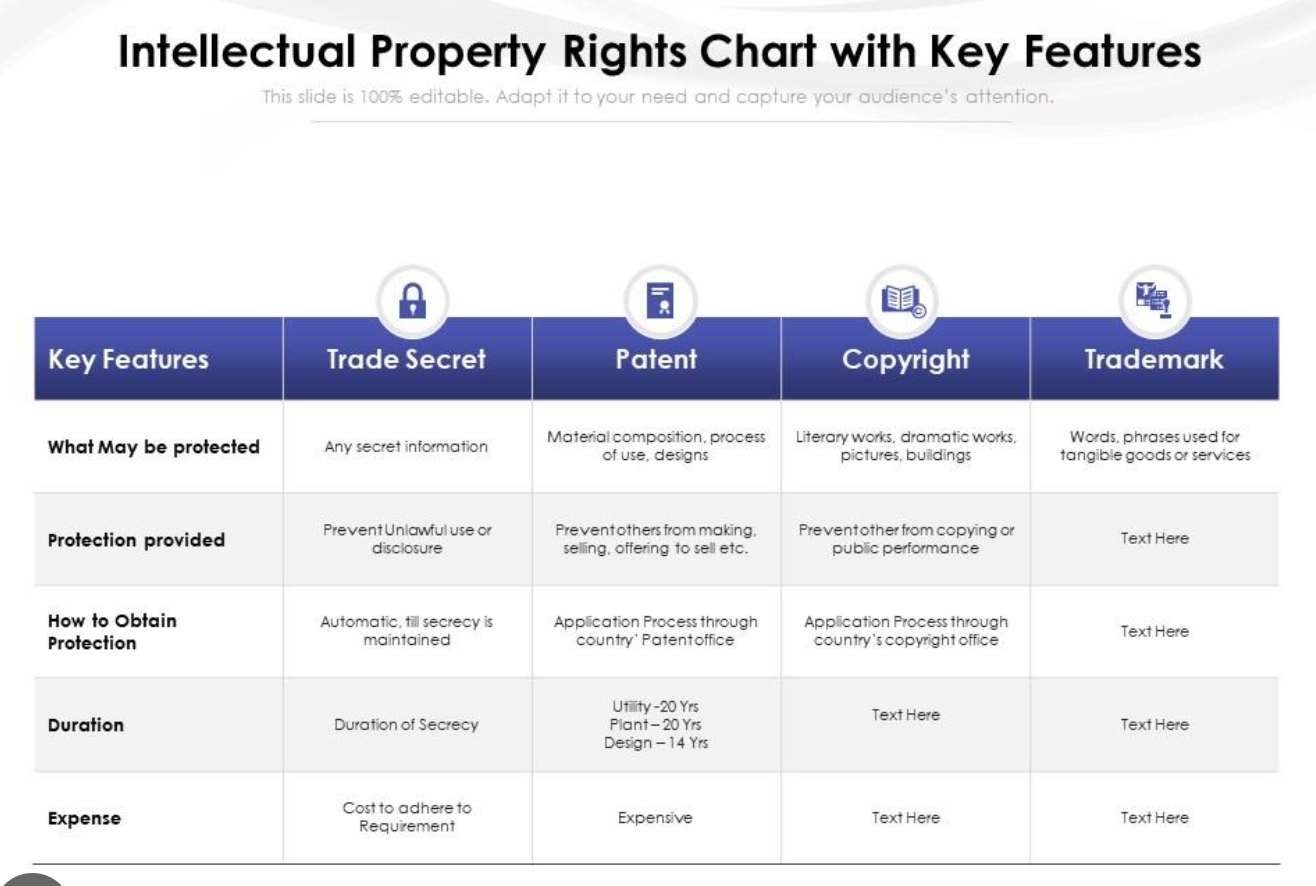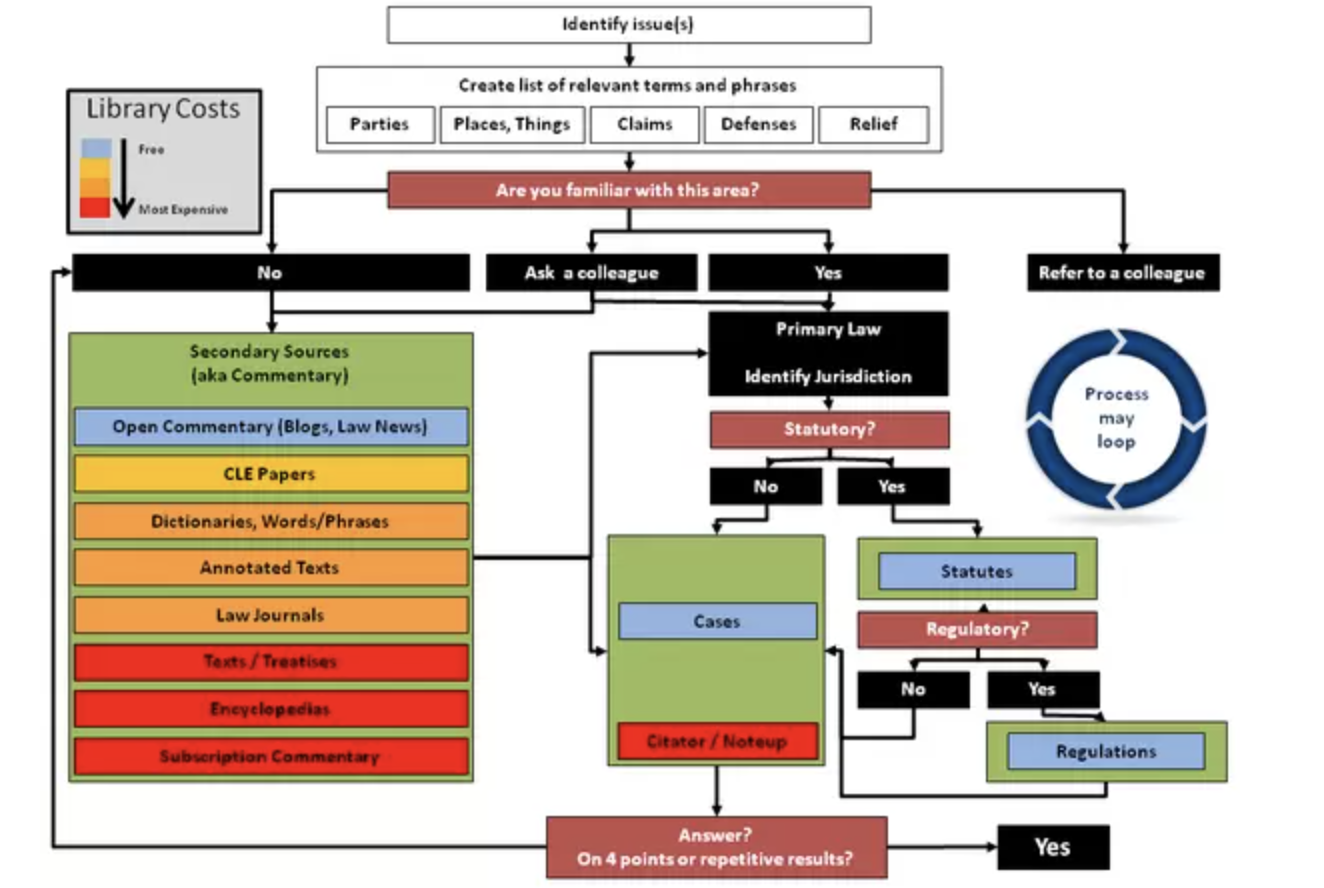←Back to resources We’ve shared two articles so far about the dire mental health crisis in science...
Science in Law: Scientific Research is Indispensable for Lawyers
Science needs the law—and the law needs science.
Public health is responsible for most of the increase in average life expectancy in the U.S. These achievements required the collaboration of lawyers and scientists. Lower smoking rates, widespread vaccinations, water fluoridation, and more all required discoveries by scientists followed by attorneys and policymakers implementing them into the law.
And yet scientists and lawyers work largely independently. Researchers focus on addressing gaps in the literature, driven by novel research questions and funding availability. Meanwhile, lawyers focus on broader policy questions at hand and want to use science to support their arguments without waiting for the development of new studies or evidence.


As a result, science does not always emphasize policy priorities, and the law does not always make the fullest possible use of the hundreds of daily, groundbreaking scientific discoveries from around the world.
Searching for prior art remains the main reason lawyers investigate scientific research. However, there are other essential benefits to keeping up with science. In this guide, we will explore why and how legal insiders should and can stay on top of groundbreaking research developments in their fields.
Scientific issues permeating legal spaces
Prior art: assessing public knowledge and information available before a patent’s effective filing date in order to determine the patentability of an invention. Lawyers must and already do conduct a rigorous review of the relevant science. That means examining peer-reviewed scientific articles, as well as newly emergent preprints, existing patents, and clinical trials.
But prior art is only the beginning of the way that law and science have intertwined in the 21st century. Take the constantly growing biotech, pharma, healthcare, and tech industries, where products and company policy are guided by new scientific research and discoveries. Drug safety and manufacturer liability; how patient information can remain confidential in electronic systems; how to assess algorithmic bias in automated systems—dealing with these pressing legal issues requires sound scientific evidence.
Let’s examine several legal areas and the current role of research and scientific studies within each field.
Intellectual property law
IP law involves scientific principles in assessing the patentability, originality, and infringement of inventions and creations. Consider one company suing another over similar gene-editing technologies. The scientific intricacies matter a great deal in determining the validity of the infringement claim.
Environmental law
Here, lawyers must interpret scientific data in the context of the law to address pollution, ecological preservation, and climate change mitigation. For example, if a manufacturer were accused of causing harm because they were discharging chemicals, the legal verdict would rely on interpreting the scientific evidence of the damage. Similar circumstances play out in product liability law, where scientific claims are often needed to prove harm or injury to consumers.
Criminal law
This field increasingly requires scientific evidence and the attorney’s ability to interpret such science. Judges.org describes a Pennsylvania trial where a capital conviction was overturned due to an initial scientific misunderstanding of how DNA evidence works. Forensic evidence, toxicology, ballistics, and more are used to establish guilt or innocence—scientific techniques that are constantly evolving and improving. Science can even have an impact on the procedural aspect of the law, for example by determining how DNA samples should be collected and stored and what genetic information can be used and how.

Across fields
Regardless of industry, lawyers should keep up with research to stay abreast of emergent legal issues. One such example is autonomous vehicles. The technological advancement of self-driving cars raises a number of legal questions about accident liability, insurance claims, and safety regulations. And the answers to these questions depend on understanding of automation’s capabilities and the underpinning technologies. This understanding is best fostered by being aware of the latest discoveries and developments.
But whether a technology is new or old, having up-to-date scientific knowledge distinguishes lawyers as credible experts in their field. Beyond patents, beyond even the tech and pharma industries, lawyers need to keep up with new scientific discoveries and the latest state of the research, or risk being a step behind the competition.
How to keep up with the research
Research is especially complex for lawyers because it crosses multiple areas. Lawyers will need to conduct legal research for past cases and opinions, legal journal research for scholarly analysis of the law and court decisions, and scientific journal articles for the latest discoveries and analysis of research topics affecting their practice. On top of that, lawyers may need to stay on top of patents, clinical trials, and company press releases and announcements.
While using case databases and law journals may be familiar, keeping up with the science requires additional sources. The most reliable way is to read scientific peer-reviewed research articles that describe new discoveries and findings. But in fields that are rapidly evolving, like biotech or healthcare, preprints are also an option because they are published quickly in response to current events. But lawyers should tread carefully: preprints are non-peer-reviewed research articles and may contain errors.
The ideal approach is an all-in-one-solution or software that can cover these various research areas. A few options for such tools include:
- Google Scholar, which offers an extensive base of legal opinions, articles from law journals, and scientific peer-reviewed research articles. The tool also provides custom alerts to stay up to date.
- NewsRx’s BUTTER, which provides articles covering over 28 million peer-reviewed research articles, preprints, clinical trials, patents, and more as they emerge in real time. Researchers can generate reports and set alerts on keyword searches or topic areas to always stay on top of the latest discoveries.
- JSTOR is an extensive research database containing journal articles, books, institutional research reports, and primary sources such as pamphlets and periodicals. JSTOR allows users to target narrow fields of expertise from 142 different law journals alone.
These tools are ideal for lawyers who need a broad coverage of peer-reviewed scientific knowledge, plus primary sources like the latest patents, trademarks, and ongoing clinical trials.

A few other research databases offering comprehensive coverage include:
- Academic Search Complete: An EBSCO database for scholarly research in all fields covering 6,500 journals with email alerts.
- Scopus: Database of scholarly literature abstracts. Provides alerts on authors and topics from 5,000 sources.
- Science.gov: Offers email alerts on scientific topics and keywords from over 2,000 sources.
Other times, research tools specializing in law will contain all the necessary information, without the need to examine scientific studies. Powerful platforms that focus on law include:
- LexisNexis: A massive resource for lawyers and other professionals. Nexis contains content from 40,000 licensed and web sources, while LexisNexis SmartLinx has access to 81 billion public records. Then there is Nexis Hub, which aggregates research from a range of legal content, including cases, statutes, regulations, treatises, law reviews, and legal news, into a single platform.
- Westlaw: Offers access to case law, statutes, regulations, legal encyclopedias, and law reviews. Westlaw Edge uses AI to provide direct feedback on cases, identify holes in your arguments, and offer solutions.
- Bloomberg Law: Sends customized alerts on the latest cases, dockets, and news and offers resources across 16 areas of legal practice.
- Fastcase: Provides access to case law, statutes, regulations, and legal journals with integrated tools to help users locate relevant cases as fast as possible.
- Casetext and ROSS: Two online legal research sites that use artificial intelligence to identify topics, jurisdictions, legal issues, and specifics that pertain to users’ cases.
More general tools can be found for free. CourtListener is a free legal research tool for state and federal legal opinions. Justia has a valuable compendium of case law, U.S. code, and Supreme Court decisions.
For the flip side of this equation—scientists who need to develop a better understanding of laws and cases that pertain to their research—FindLaw is an excellent resource. It provides comprehensive breakdowns of hundreds of legal topics, ranging from intellectual property rights to consumer transaction law and a guide to litigation.
Scientific researchers should stay up-to-date with the law; lawyers should stay up-to-date with scientific research. When both sides act with this understanding, improvements to human wellbeing and society are bound to follow.

.jpg?width=50&name=DSC_0028%20(1).jpg)
%2c%20for%20decoration%20and%20backgrounds%20with%20motifs%20of%20variety%2c%20exuberance%2c%20compatibility.jpeg?height=200&name=Floral%20celebration%20of%20spring%20Profusion%20of%20tulips%2c%20with%20raindrops%2c%20in%20full%20bloom%2c%20early%20May%20(foreground%20focus)%2c%20for%20decoration%20and%20backgrounds%20with%20motifs%20of%20variety%2c%20exuberance%2c%20compatibility.jpeg)

